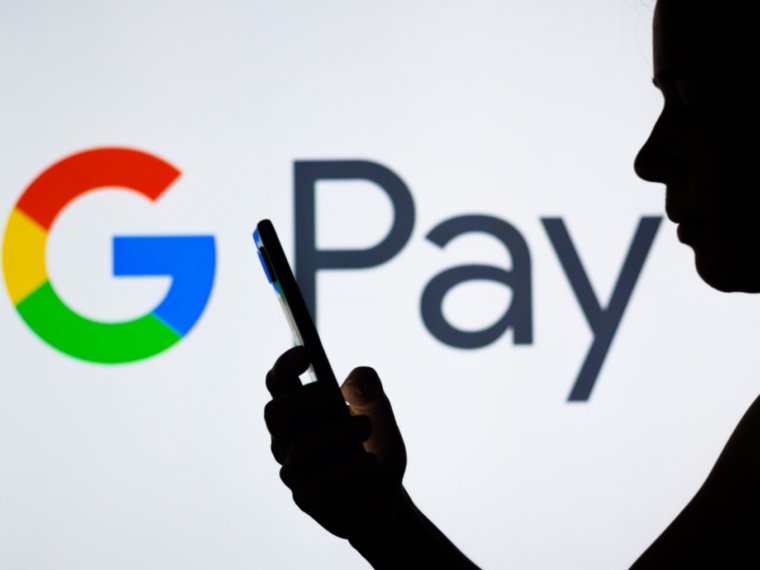Why do you need a separate account for daily transactions?
In our fast-paced lives, where daily routines are often characterized by hectic work schedules and constant multitasking, the simple pleasure of a tea break has become a cherished respite. Stepping away from desks, individuals gather around local tea stalls, not just for the rejuvenating beverage but also to engage in a practice that has evolved with modern times – the digital payment revolution.
As we wrap up these breaks, gone are the days of fumbling for cash in wallets. Instead, we seamlessly pull out our smartphones, scanning QR codes to make payments. This transformation in the way we handle transactions is not confined to tea breaks; it extends to various aspects of our lives. Whether it’s paying for parking at a mall, handling toll charges, buying groceries, or indulging in online shopping, the prevalence of digital and UPI transactions has become the norm.
However, while the convenience of these digital transactions is undeniable, it introduces a nuanced challenge – the need for a separate account dedicated to daily transactions. This essay explores the multifaceted reasons why having a distinct account for daily transactions is imperative, delving into the realms of security, fraud protection, budgeting, and expense tracking.
Security and Fraud Protection:
One of the primary reasons for advocating a separate account for daily transactions lies in the realm of security and fraud protection. Imagine if your entire financial portfolio, including your salary and investments, is consolidated into one savings account. In such a scenario, every daily purchase, whether it’s a cup of tea or a significant online transaction, exposes the entirety of your account balance to potential online fraud and scams.
By maintaining a dedicated account for daily transactions, you create a financial firewall. This separation ensures that even if one account is compromised, the extent of the potential damage is limited to the balance within that account. It acts as a protective barrier, reducing the risk associated with online transactions and shielding the bulk of your savings from potential threats.
Moreover, having a separate account allows for more granular control over your financial exposure. You can allocate a specific amount for daily transactions, minimizing the impact of any unauthorized access or fraudulent activity. This proactive approach to security is increasingly relevant in the digital age, where cyber threats continue to evolve.
Budgeting and Expense Tracking:
Beyond the realm of security, the importance of a separate account for daily transactions is underscored by its role in effective budgeting and expense tracking. When all your financial resources are pooled into a single savings account, it becomes challenging to discern and manage the intricate details of daily expenses.
A dedicated account for daily transactions serves as a financial microscope, allowing you to segregate and analyze your daily spending patterns with precision. This level of visibility is essential for creating an accurate budget and understanding where your money is going. Without this separation, tracking individual expenses becomes an arduous task, leading to a lack of clarity in financial planning.
Furthermore, having a separate account facilitates a proactive approach to budgeting. You can allocate a specific budget for daily expenses, ensuring that you don’t overspend impulsively. This separation of funds provides a tangible boundary for your daily expenditures, fostering financial discipline and accountability.
Effective Money Management:
The crux of the matter lies in effective money management. The financial landscape has evolved, and so must our strategies. Having distinct accounts—one dedicated to savings and another for daily transactions—is a pragmatic approach to navigate the complexities of modern financial transactions.
The separation of accounts aligns with the age-old adage of not putting all your eggs in one basket. It mitigates risks, enhances security, and streamlines financial management. This approach empowers individuals to take control of their finances, ensuring that they can navigate the digital landscape with confidence.
In conclusion, the evolving landscape of digital transactions necessitates a reevaluation of our financial management strategies. The simple act of enjoying a tea break has become intertwined with the digital payment revolution, and with it comes the imperative to adapt our financial practices.
Maintaining a separate account for daily transactions is not merely a convenience; it is a proactive measure to safeguard our finances and enhance our control over daily expenditures. The dual benefits of heightened security and improved budgeting underscore the significance of this approach in the modern era.
As we navigate the digital age, where the boundaries between the physical and virtual worlds blur, our financial practices must evolve to ensure resilience against emerging threats. A separate account for daily transactions emerges as a prudent step in this journey, providing a robust foundation for financial security and effective money management in an increasingly interconnected world.







